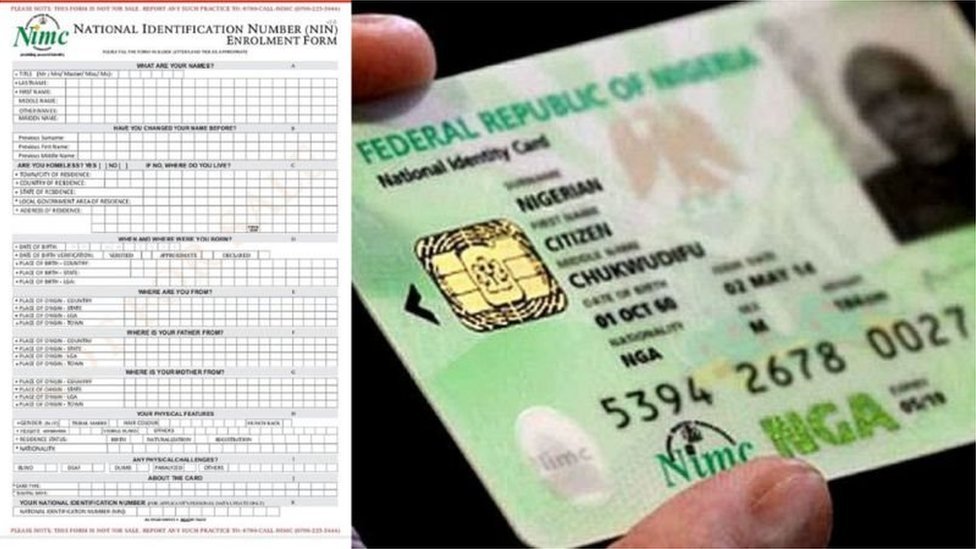Classes of Drivers License in Nigeria: A Full Breakdown

Driving in Nigeria involves more than just operating a vehicle. Every driver is expected to understand the official licensing structure that governs who can drive what kind of vehicle. The classes of drivers license in Nigeria determine which vehicle category an individual is legally allowed to operate. Whether you’re just starting or switching license types, knowing the distinctions among these classes is essential.
Understanding the Nigerian Driver’s License System
Nigeria’s driving license system is managed by the Federal Road Safety Corps (FRSC). This structure is built around the idea of vehicle specificity — not every driver can legally drive every vehicle. The system helps promote road safety by ensuring that drivers are properly trained and tested according to the vehicle they intend to drive.
The licenses are categorized into 10 different classes, each reflecting the size, purpose, and operational complexity of the vehicles. Each class comes with its own requirements, and the training for each one varies.
Top Three Common Classes of Drivers License in Nigeria
Motorcycle Operators – Class A
This license category is exclusively for motorcycle riders. It covers two-wheel motorbikes with an engine capacity not exceeding 200cc. Individuals with Class A licenses are not authorized to drive any other type of vehicle. This class is commonly held by commercial motorcyclists, also known as “okada” riders.
Light Vehicles – Class B
Class B is issued to those driving private vehicles weighing less than 3 tonnes. It excludes motorcycles, taxis, omnibuses, and stage carriages. It is the most popular license type among everyday drivers using sedans, SUVs, or personal vans. If you’re not engaging in commercial driving, this is likely the license you’ll need.
Taxis and Commercial Vehicles – Class E
Drivers with a Class E license are permitted to operate taxis and public service vehicles. It’s tailored for those offering transport services either in cities or across longer distances. This license allows access to the country’s informal and formal transport systems, including ride-hailing and intercity shuttle services.
All Classes of Drivers License in Nigeria
In addition to the common types, there are other categories based on professional, industrial, or specialized driving needs. Each class targets a particular vehicle segment and usage.
Class C – Light Commercial Vehicles
Class C is for vehicles below 3 tonnes gross weight. This license is ideal for drivers who manage delivery vans or small transport vehicles that do not fall under public transport or heavy-duty classification.
Class D – General Vehicles (Excluding Special Use)
Drivers under Class D are authorized to drive motor vehicles other than motorcycles, taxis, omnibuses, or vehicles with trailers. This class covers a wide range of private and utility vehicles, providing flexibility without extending into commercial taxi services or articulated trucks.
Class F – Agricultural Equipment
This class covers agricultural machinery, including tractors and harvesters. It is designed for those operating farm equipment either privately or as part of agricultural businesses. The focus here is on rural operations and farm logistics.
Class G – Articulated Trucks
Class G permits the operation of articulated vehicles like tankers and trailers. It is mandatory for logistics and haulage drivers who transport goods across the country. Operating vehicles in this category requires advanced training due to their size and load capacity.
Class H – Earth Moving Equipment
Drivers who handle construction equipment such as bulldozers, excavators, and graders must hold a Class H license. This is issued to those in the construction and mining industries where such machines are commonly used.
Class J – Physically Handicapped Drivers
Class J licenses are tailored for physically challenged individuals. These licenses accommodate specially modified vehicles that allow drivers with disabilities to operate safely and effectively.
Class V – Convoy and Escort Drivers
This license is specific to drivers assigned to convoy duties, particularly for high-ranking government or political figures. It involves training in convoy coordination, secure driving, and occasionally, defensive techniques.
Process for Getting a Drivers License in Nigeria
Obtaining a driver’s license in Nigeria involves several steps, starting with enrollment in a certified driving school. Prospective drivers undergo both theoretical and practical training focused on traffic regulations, driving techniques, and vehicle maintenance.
Step-by-Step Application Guide
- Step 1: Enroll in an accredited driving school.
- Step 2: Complete the mandatory training and driving hours.
- Step 3: Sit for a written and practical test administered by the Vehicle Inspection Office (VIO) or FRSC.
- Step 4: After passing, a learner’s permit is issued.
- Step 5: Apply for the driver’s license through the FRSC’s official portal or licensing office.
- Step 6: Undergo biometrics and physical screening.
- Step 7: A temporary license is issued while the permanent card is being processed.
Applicants should ensure that all required documents, such as proof of identification and medical fitness, are submitted during registration.
Responsibilities That Come with Nigerian Driver’s License
Possessing a license goes beyond driving legally. Every licensed driver is expected to follow traffic rules, respect other road users, and maintain their vehicle in good working condition.
Driving responsibly also means continuing to improve one’s knowledge of the road. Periodic training, such as attending defensive driving courses, helps drivers stay informed about changes in regulations and traffic dynamics.
Staying alert, avoiding distractions, and adhering to road signs can drastically reduce accidents and create safer roads for everyone.
Importance of License Classification in Nigeria
The classification of licenses serves a broader purpose beyond legal compliance. It’s a framework designed to regulate the kind of vehicles that individuals are permitted to operate. Understanding which class you belong to ensures you do not violate road laws or risk penalties from authorities.
Misusing a license by driving a vehicle outside its category could lead to fines, license suspension, or, in severe cases, criminal prosecution.
Finally
The classes of drivers license in Nigeria represent a well-organized structure that assigns specific vehicle types to trained individuals. Whether you’re riding a motorcycle, operating a private car, or managing an earth-moving machine, there’s a license class designed for that purpose.
Drivers are urged to choose the appropriate class, undergo the necessary training, and follow all required procedures for testing and registration.
Article updated 4 months ago ago. Content is written and modified by multiple authors.









